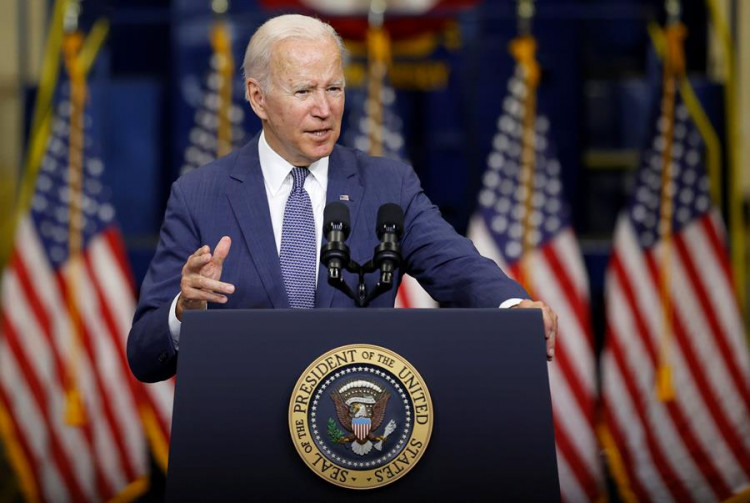In a significant diplomatic breakthrough, the Biden administration has reached an agreement with Iran that will see five Americans, previously imprisoned in Tehran, placed under house arrest. This move is the initial phase of a broader deal that involves the release of approximately $6 billion in Iranian government assets that had been blocked under U.S. sanctions.
The five Americans include Siamak Namazi, Emad Shargi, Morad Tahbaz, and two others who have chosen to remain unidentified. Four of these individuals were transferred from Tehran's Evin Prison to house arrest, while one was already under such conditions. The White House has confirmed these developments, emphasizing the ongoing negotiations to ensure their safe return to the U.S.
The funds in question have been held in South Korean accounts, restricted due to U.S. sanctions. Under the new agreement, Iran will be permitted to use these assets, but only for humanitarian purposes such as purchasing food and medicine. The funds will be overseen by Qatar's central bank, ensuring compliance with the stipulated conditions.
This deal has not been without its critics. Similar agreements in the past, including one in 2015 under the Obama administration, faced Republican backlash. However, the Biden administration is expected to argue that the release of these funds, earmarked solely for humanitarian use, was the only viable path to secure the release of the detained Americans.
The U.S. government has identified three of the detained Americans: Siamak Namazi, Emad Shargi, and Morad Tahbaz. The other two have opted for privacy. National Security Council spokesperson Adrienne Watson stated, "While this is an encouraging step, these U.S. citizens should have never been detained in the first place." She further emphasized that the U.S. "will not rest until they are all back home."
In addition to the prisoner exchange, there have been discussions about a potential informal agreement to prevent a crisis over Iran's nuclear program. This would involve Iran freezing its uranium enrichment at current levels and fully cooperating with inspectors from the International Atomic Energy Agency. In return, the U.S. might refrain from imposing new sanctions or not strictly enforce some existing ones.
The negotiations for the release of the Americans are separate from the discussions about Iran's nuclear program. However, if the Americans are successfully freed, it could potentially facilitate further discussions in other areas.
The families of the detained Americans have expressed cautious optimism, eagerly awaiting their loved ones' safe return. Siamak Namazi's brother, Babak Namazi, stated, "We are grateful that Siamak and the other Americans in Iran are out of Evin Prison and will be under house arrest. While this is a positive change, we will not rest until Siamak and others are back home."
The Biden administration's focus on this issue has been consistent since taking office, demonstrating a commitment to bringing Americans home under conditions that align with U.S. interests.





